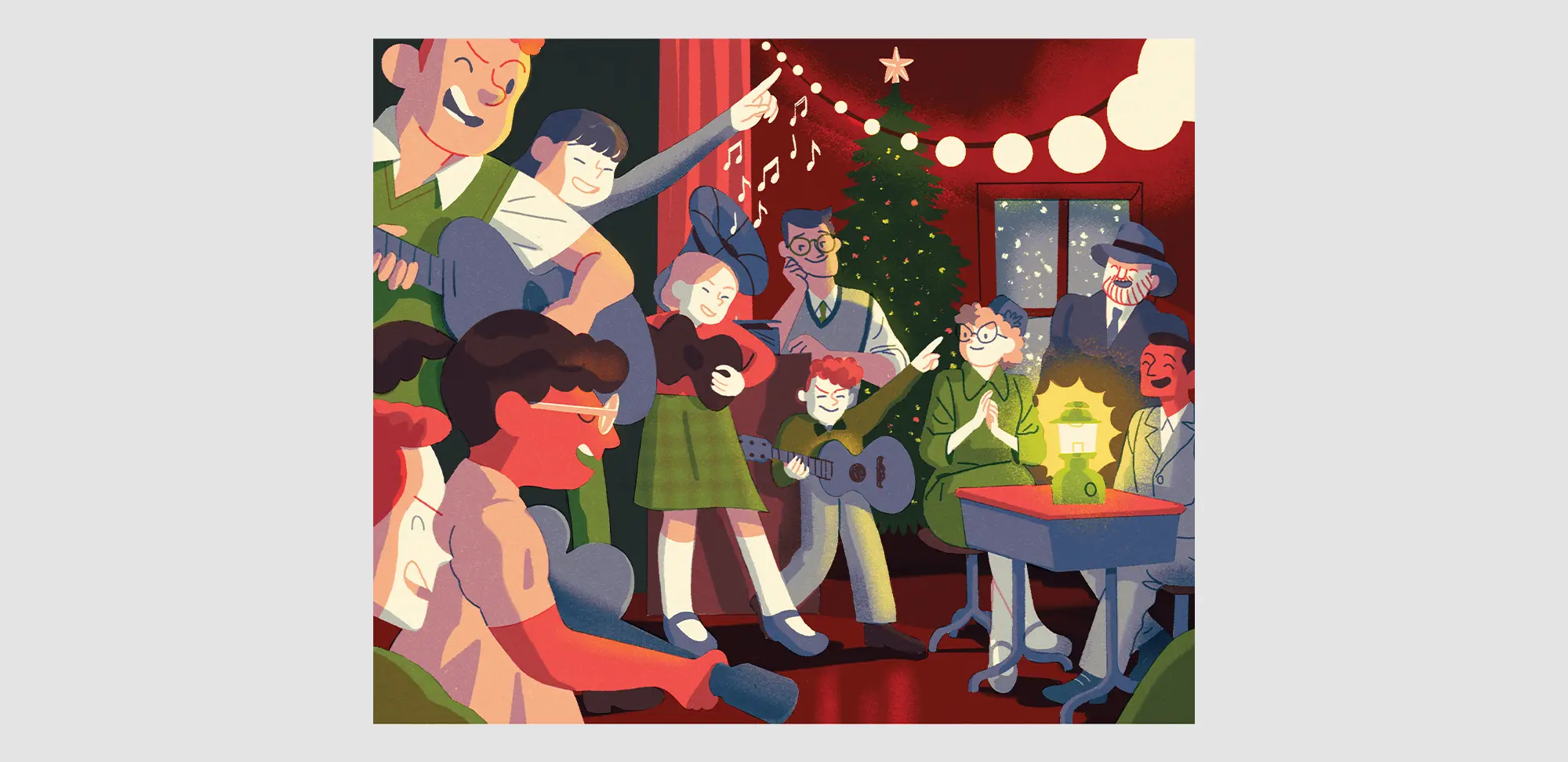In December, the British immigrant teacher was facing his greatest challenge.
Life for the newcomer in Biscotasing, Ont., population roughly 100, lying halfway between Sudbury and Chapleau on the western Canadian Pacific Railway line, was not easy.
The word “no” was prominent. There was no road out, no electric power, no running water, unless one ran to the well. Set amid the straggle of small houses were the train station, a seasonal church and the school.
The young teacher had little reason to be optimistic. His salary for 10 months was well below what today would be called the poverty line, and there were no benefits. Each month his personal debt grew as he shipped in food on the train and ordered clothing from the catalogue.
At the unlit schoolhouse — S.S. #1 Margaret — of which he was also the janitor at $40 a month, he often cut wood with a bucksaw while his charges were at recess. For instruction, there was one set of readers and a box of books kindly donated by the Imperial Order Daughters of the Empire. The two roller maps were plastered with chocolate bar advertisements, which at least only appeared in the oceans. The four-foot box stove sheltered the older children’s ink bottles at night, but by morning a frozen bottle often cracked, marking the floor dark blue.
For $20 a month, the teacher lived in a house supplied by his school board. The place was barely insulated with sawdust and leaned in the wind, but it was shelter.
He had received strong hints lately from passersby that while the annual visit from the school inspector might gauge the teacher’s ability, the annual concert provided the teacher’s reputation in the eyes of the community.
In the week before the holidays, the older children dug out a very long wire and a great dusty moth-holed curtain. The wire was strung across the room, and the tawdry curtain set the stage. There were no lights, but candles were lit behind the curtain — there were no volunteer firefighters to complain. The audience brought their own Coleman lanterns to offer a seasonal effect in pools of light.
Tradition favoured the teacher. The audience clapped and cheered loudly for all the little recitations, skits and one-act plays. These were their kids, and they could do no wrong.
At intermission, the children sold pop and chips to raise money for a much-needed playground set. Donations were received by passing the hat.
Taking a break and standing outside under the stars, the teacher received some tentative nods of approval. One kind soul offered a flask. The teacher took a polite swig and experienced a mouth on fire from the homebrew.
Back inside, the show went on.
A boy stuck his head out of the curtain and shouted, “Closed! The store’s closed,” eliciting gales of laughter, as the storekeeper would never open after hours.
But it was the finale that made that concert memorable. The curtain was pulled back to reveal the Grade 8 students — four boys and one girl — dressed in black, with black cardboard “guitars” strung from their necks. The needle on the borrowed windup gramophone struck up Elvis Presley’s latest hit, “Hound Dog.” The five gyrated and lip-synched along with Elvis and, in the close, smashed their cardboard guitars on one another.
The laughter reverberated for quite a while. “Pretty good, Teacher,” and the like, the parents commented as they left. The conductor of this motley troupe had met with community approval.
A decade later the school closed and was torn down; its site is now covered by encroaching bush. Today, the station is gone and there is a dirt road out to the highway, and only 22 residents remained at last count. Now 30 years retired from a respected career, the former teacher wonders what happened to his charges from that poorly endowed little school more than 60 years ago. He learned a lot from those children.






